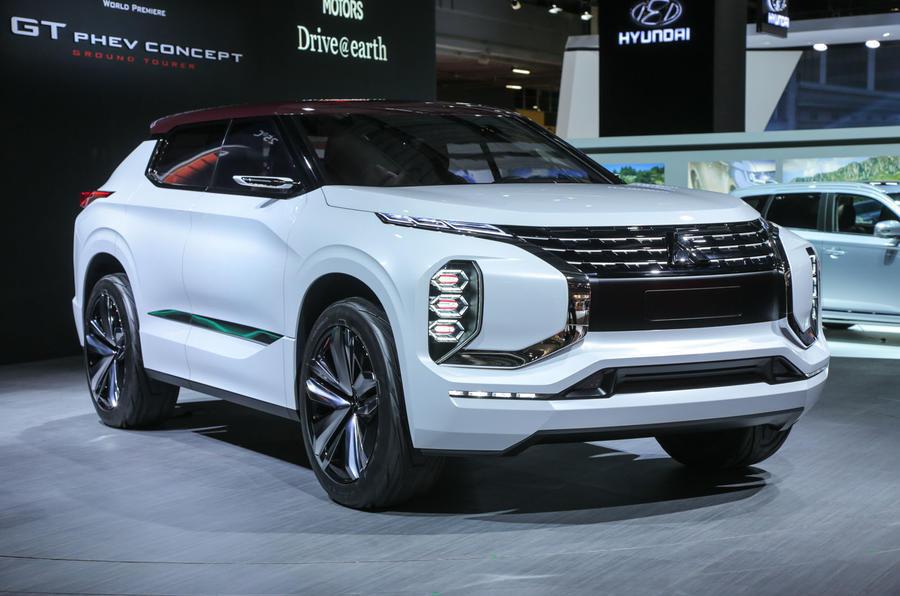Novel CAR T-Cell Therapy Active in Relapsed, Refractory Numerous Myeloma
Administration of bb2121, a novel anti–B-cell maturation antigen (BCMA) chimeric antigen receptor (CAR) T-cell therapy, produced anti-tumor responses in intensely pretreated patients with relapsed/refractory numerous myeloma, according to interim data from an on-going phase I clinical trial.
Data from the trial were introduced by Yi Lin, MD, PhD, assistant professor of medicine and oncology at the Mayo Clinic in Rochester, Minnesota, at the twenty eight th EORTC-NCI-AACR Molecular Targets and Cancer Therapeutics Symposium in Munich, Germany.
According to the examine abstract, previous studies of CAR T-cell therapies have shown sturdy and sustained clinical responses in several hematologic malignancies. With this probe, Lin and colleagues tested the potential for CAR T-cell safety and efficacy in patients with relapsed/refractory numerous myeloma.
In order to redirect T cells to numerous myeloma, the researchers targeted BCMA, a member of the tumor necrosis factor superfamily that is near-uniformly voiced by malignant myeloma cells, plasma cells, and some mature B cells. The investigational drug, bb2121, consists of autologous T cells transduced with a lentiviral vector that encodes a novel CAR incorporating an anti-BCMA single-chain variable fragment, a 4-1BB costimulatory motif, and a CD3-zeta T-cell activation domain.
In the explore, patients received a conditioning regimen of cyclophosphamide and fludarabine followed by an infusion of bb2121 anti-BCMA CAR T cells. Eleven patients have been enrolled and dosed into four cohorts: five × ten 7 , fifteen × ten 7 , forty five × ten 7 , and eighty × ten 7 CAR+ T cells. The CAR T cells were produced from each patient’s own blood cells, which were modified using the lentiviral vector encoding the anti-BCMA CAR. The primary endpoint of the probe was incidence of adverse events and abnormal laboratory test results, including dose-limiting toxicities.
All patients in the trial were strenuously pretreated with a median of six prior therapies. All patients had prior autologous stem cell transplant. The safety analysis included results from all eleven patients, and the efficacy analysis included results from the very first nine patients who have undergone tumor restaging.
Of the three patients dosed at five × ten 7 the overall response rate was 33% with one patient achieving a partial response and one patient achieving stable disease. At the fifteen × ten 7 dose (cohort Two), the overall response rate was 100%. Two patients at this dose achieved stringent finish response and one achieved very good partial response. At the forty five × ten 7 dose (cohort Trio), there was also a 100% overall response rate, with all three patients achieving partial remission. The overall response rate for all three cohorts was 78%. All patients in cohorts two and three with bone marrow involvement at baseline had no detectable numerous myeloma cells in their bone marrow on day fourteen or beyond.
No dose-limiting toxicities had occurred at data cutoff. In addition, there were no grade three or higher neurotoxicities or cytokine release syndrome.
Novel CAR T-Cell Therapy Active in Relapsed, Refractory Numerous Myeloma, Cancer Network, The Oncology Journal
Novel CAR T-Cell Therapy Active in Relapsed, Refractory Numerous Myeloma
Administration of bb2121, a novel anti–B-cell maturation antigen (BCMA) chimeric antigen receptor (CAR) T-cell therapy, produced anti-tumor responses in intensely pretreated patients with relapsed/refractory numerous myeloma, according to interim data from an on-going phase I clinical trial.
Data from the trial were introduced by Yi Lin, MD, PhD, assistant professor of medicine and oncology at the Mayo Clinic in Rochester, Minnesota, at the twenty eight th EORTC-NCI-AACR Molecular Targets and Cancer Therapeutics Symposium in Munich, Germany.
According to the examine abstract, previous studies of CAR T-cell therapies have shown sturdy and sustained clinical responses in several hematologic malignancies. With this probe, Lin and colleagues tested the potential for CAR T-cell safety and efficacy in patients with relapsed/refractory numerous myeloma.
In order to redirect T cells to numerous myeloma, the researchers targeted BCMA, a member of the tumor necrosis factor superfamily that is near-uniformly voiced by malignant myeloma cells, plasma cells, and some mature B cells. The investigational drug, bb2121, consists of autologous T cells transduced with a lentiviral vector that encodes a novel CAR incorporating an anti-BCMA single-chain variable fragment, a 4-1BB costimulatory motif, and a CD3-zeta T-cell activation domain.
In the examine, patients received a conditioning regimen of cyclophosphamide and fludarabine followed by an infusion of bb2121 anti-BCMA CAR T cells. Eleven patients have been enrolled and dosed into four cohorts: five × ten 7 , fifteen × ten 7 , forty five × ten 7 , and eighty × ten 7 CAR+ T cells. The CAR T cells were produced from each patient’s own blood cells, which were modified using the lentiviral vector encoding the anti-BCMA CAR. The primary endpoint of the explore was incidence of adverse events and abnormal laboratory test results, including dose-limiting toxicities.
All patients in the trial were strongly pretreated with a median of six prior therapies. All patients had prior autologous stem cell transplant. The safety analysis included results from all eleven patients, and the efficacy analysis included results from the very first nine patients who have undergone tumor restaging.
Of the three patients dosed at five × ten 7 the overall response rate was 33% with one patient achieving a partial response and one patient achieving stable disease. At the fifteen × ten 7 dose (cohort Two), the overall response rate was 100%. Two patients at this dose achieved stringent accomplish response and one achieved very good partial response. At the forty five × ten 7 dose (cohort Three), there was also a 100% overall response rate, with all three patients achieving partial remission. The overall response rate for all three cohorts was 78%. All patients in cohorts two and three with bone marrow involvement at baseline had no detectable numerous myeloma cells in their bone marrow on day fourteen or beyond.
No dose-limiting toxicities had occurred at data cutoff. In addition, there were no grade three or higher neurotoxicities or cytokine release syndrome.
